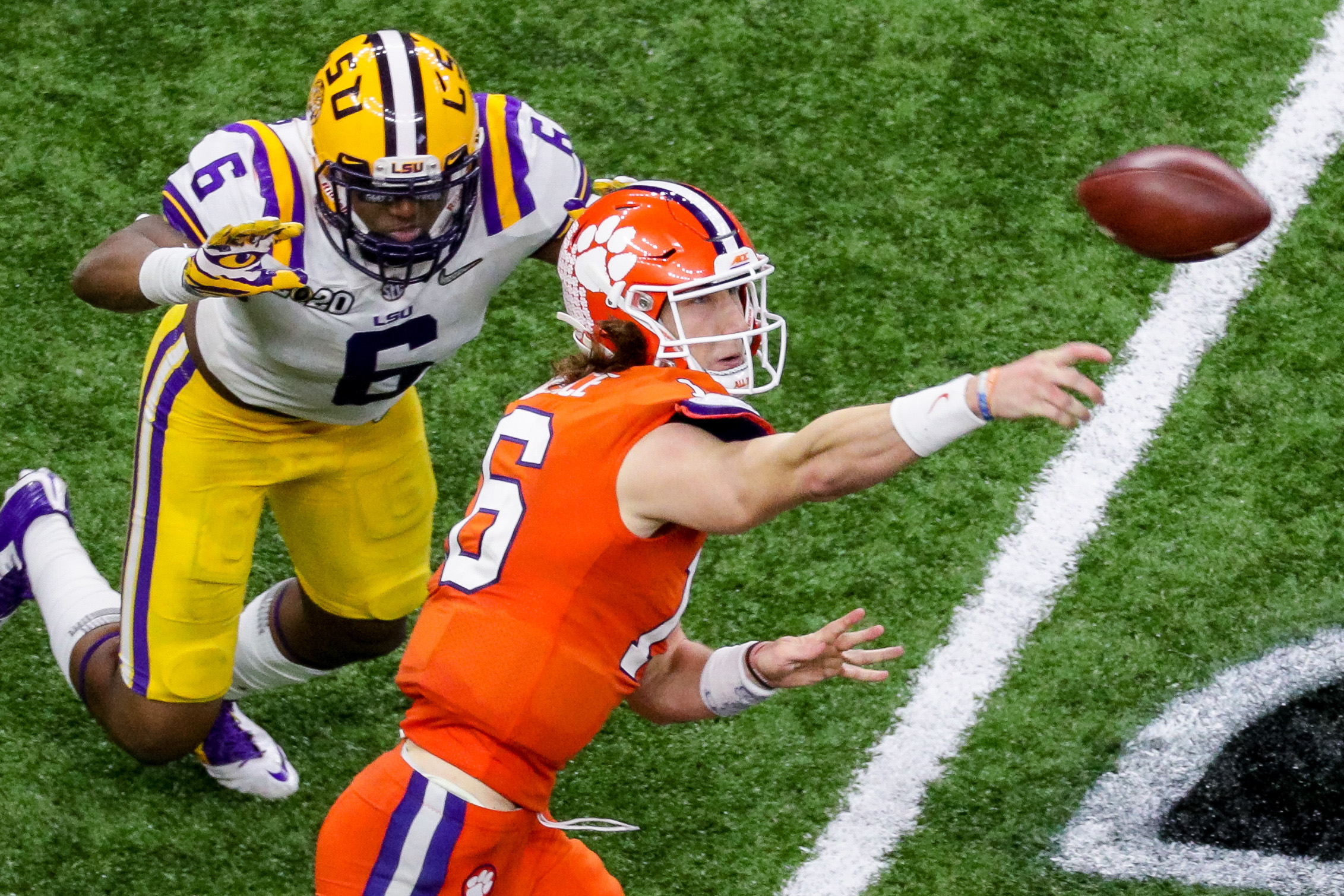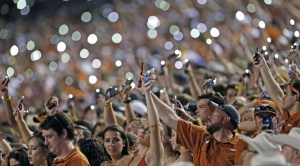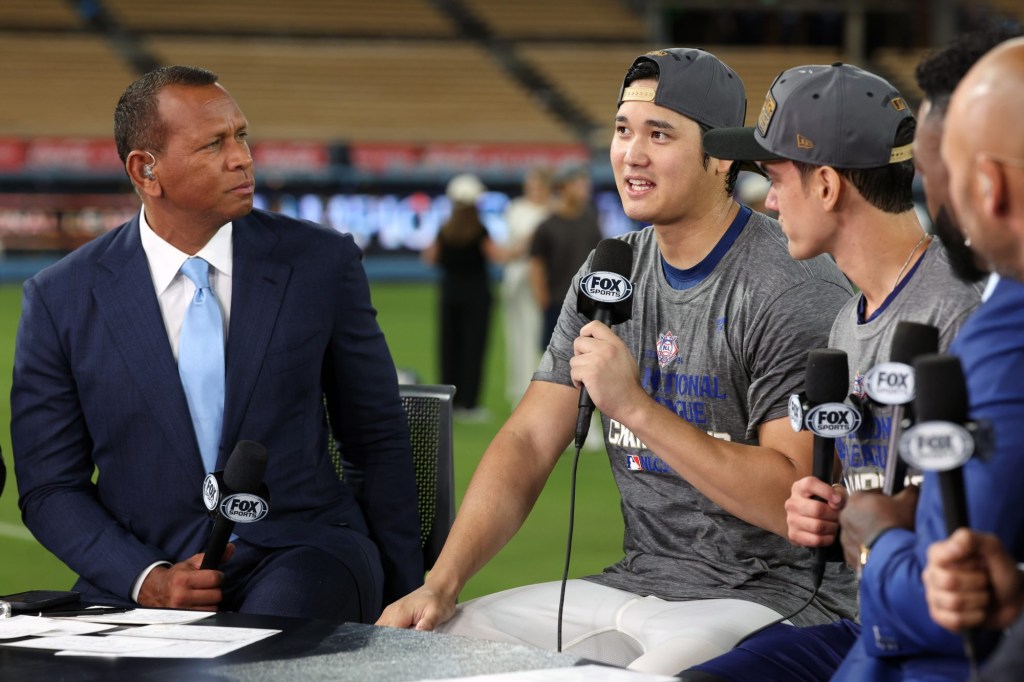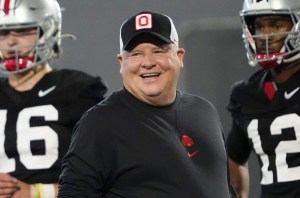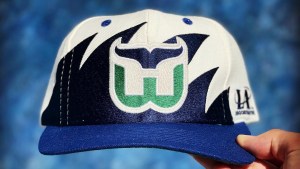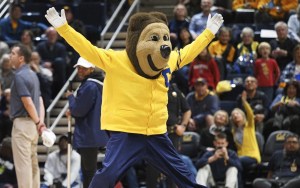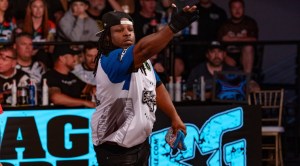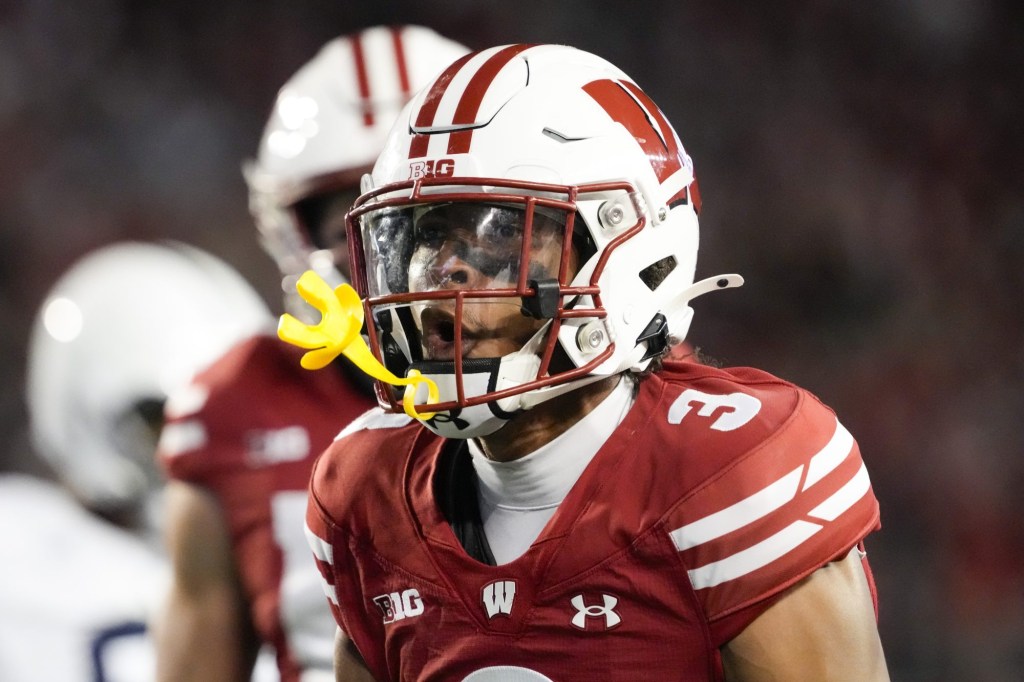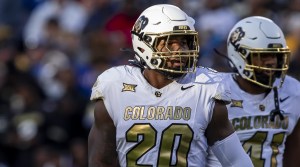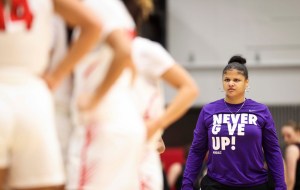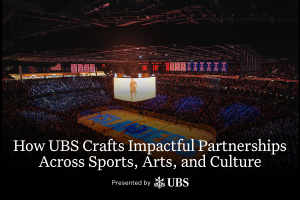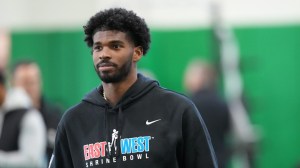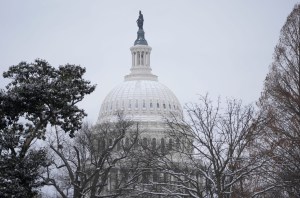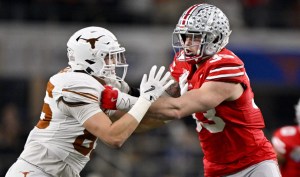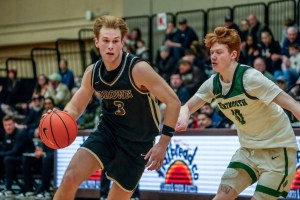On August 11, Pac-12 officials sat on a Zoom press conference explaining that science would prevent them from hosting sports this fall.
But later that evening, a group of Pac-12 football players released a statement saying that rather than science, it was a lack of leadership, communication and serious planning for player safety that kept the conference from fall sports.
“The system is broken,” the letter read. “College athletes deserve and need a real voice in the form of a players association.”
The week the Pac-12 and Big Ten decided to postpone fall sports seasons has also brought perhaps the most potent movement for college athletes to unionize since the Northwestern football team’s attempt in 2014.
Letters from Pac-12 and Big Ten conference football players and graphics circulated on Twitter by Power 5 players raised questions about whether the current climate might finally spawn a college football players union — and whether athletes still need a recognized union to gain power at all.
“In this moment, these student athletes are finding a way to leverage their power and their strengths, which is essentially [that] they are the building blocks of this extraordinarily lucrative financial system,” said Jeremi Duru, a law professor at the American University Washington College of Law. Players will still have plenty of negotiating power for a potential spring season, Duru said, because even a reduced season could still rake in millions for college athletic departments.
On August 2, a group of Pac-12 players published a list of demands under the #WeAreUnited hashtag that demanded their conference offer revenue sharing with players, racial justice initiatives and enhanced safety precautions to prevent the spread of COVID-19. Pac-12 players threatened to boycott the college football season if their demands weren’t met.
A few days later, Big Ten players released a similar list of demands regarding player safety during COVID-19. Both groups have accused their conference officials of not adequately communicating with players about their plans and said that they genuinely wanted to play this fall but were concerned about safety measures.
Early on August 10, Clemson quarterback Trevor Lawrence, along with several other players, published a sleek graphic under the title “#WeAreUnited X #WeWantToPlay” on Twitter that represented players across Power 5 conferences, and also demanded a college football player’s association.
It’s a “perfect storm” for college football players to finally be able to create a union, Carla Varriale-Barker, a shareholder at the law firm Segal, McCambridge, Singer, and Mahoney and chair of the firm’s sports, recreation and entertainment practice group, wrote in an email. Duru called the momentum the most he’s seen in a “generation.”
Experts disagree on whether the National Labor Relations Board’s rejection of a 2014 proposal by Northwestern football players to create a union left any possibility for college athletes to receive national union recognition in the future. In order for a union to be recognized, the organized group must be made up of employees.
At the time, the NLRB only stipulated that allowing Northwestern players to unionize but not other teams in the conference might create “instability,” said Marc Edelman, a law professor at the Zicklin School of Business at Baruch College.
Varriale-Barker said of the Northwestern decision: “The door may have closed, but it was not slammed shut.”
Edelman said that there still might be a possibility of an official union given that the NLRB had also voted in favor of recognizing research and teaching assistants as capable of unionizing, meaning precedent could exist for college athletes to be considered employees.
Duru said that a possibility may lie in a memo released in 2017, in which the NLRB’s general council stated that college athletes in private institutions can be considered university employees, which bodes well for athletes at private colleges who seek national union recognition. Public school athletes, said Duru, could be recognized through state labor relations boards.
On the other hand, Michael LeRoy, a law professor at the University of Illinois, said that the possibility of NLRB-recognized college athlete unions is dead for good.
Forming a union is important for obtaining not just monetary compensation — in the college sports sense, the power to negotiate name, image and likeness deals — but also safe working conditions, said Varriale-Barker. But it may not be necessary for college football players to attain significant bargaining power with NCAA governing bodies. Current unofficial organizing efforts are already yielding results.
Duru cited the example of FSU star Marvin Wilson, who threatened a team boycott after his coach had falsely claimed he had approached athletes individually to reflect on the murder of George Floyd by police and received national attention as a result. Wilson proved that college athletes can single-handedly provoke conversations in their institutions regarding racial justice simply with their Twitter feeds.
LeRoy said that boycotting remains college athletes’ most effective tool in bartering with the NCAA anyway. And the NCAA did pledge to meet a few of the demands made by the Pac-12 players who threatened to boycott before the conference postponement fiasco began. If players go so far as boycotting a season, whether it be in the fall or the spring, “the NCAA member schools will have to deal with the embarrassment of a college football season featuring primarily replacement players,” Edelman said.
There’s even a historical precedent for college athletes to organize and threaten to boycott a season without “official” union recognition, said LeRoy, as strikes and boycotts have existed much longer than the NLRB itself.
Regardless of whether organized athletes are officially recognized as a union, Duru, LeRoy and Edelman agreed that a league-wide organizing effort among athletes in revenue-generating sports would be most effective.
The NCAA, of course, has historically opposed college football unions. NCAA representatives spoke out against unionization during the Northwestern case, and Edelman noted that the governing body’s proposal to Congress to gain control of NIL regulations specifically stipulated that college athletes could not be considered employees, and therefore could not unionize.
But the current player organizing efforts and ripe climate for athletes to unionize may be too forceful for the NCAA to stop, Edelman said. “When the NCAA member colleges and especially the Power 5 colleges showed such extreme indifference on the financial and health well-being of college athletes, they made their bed in a way that seems irreversible.”
